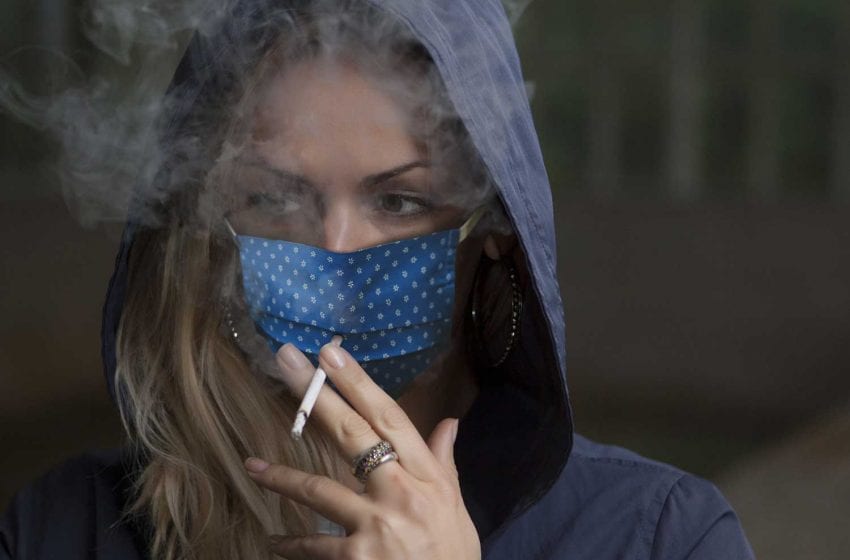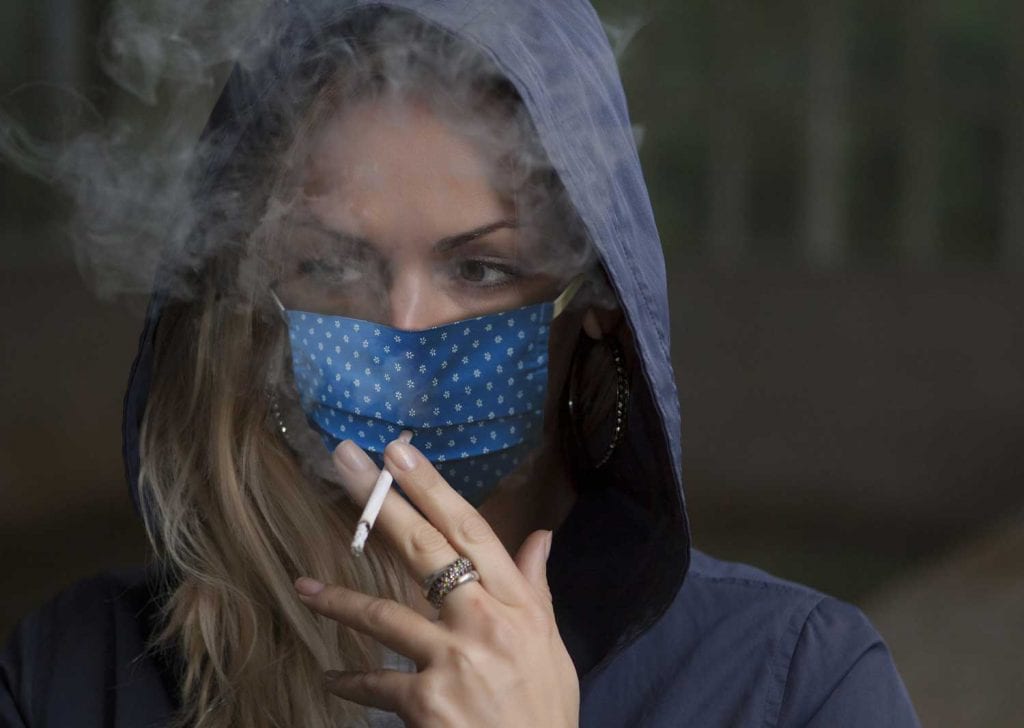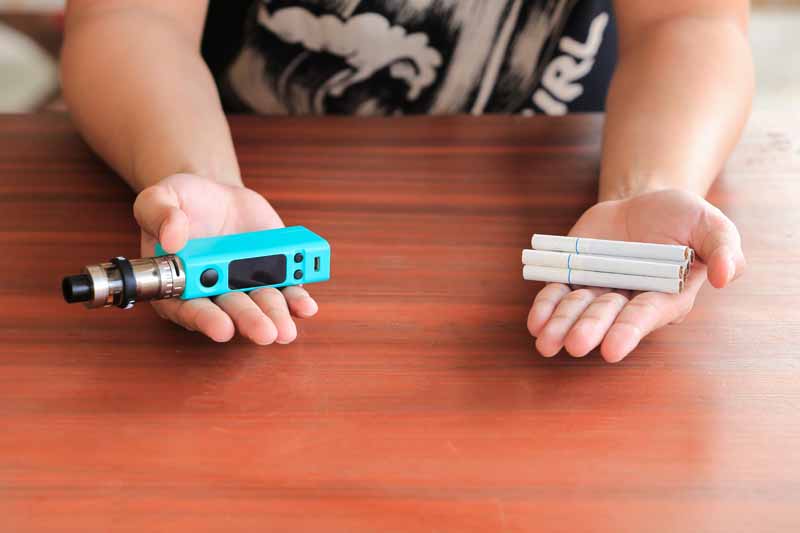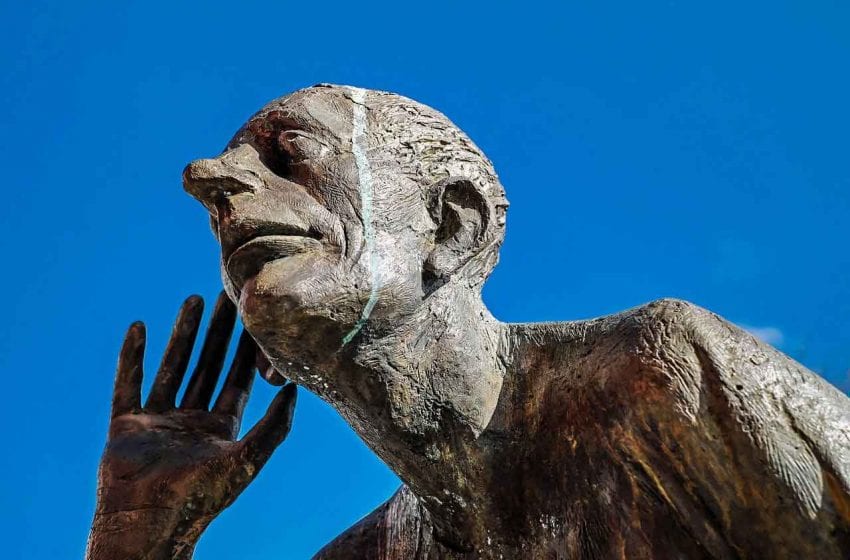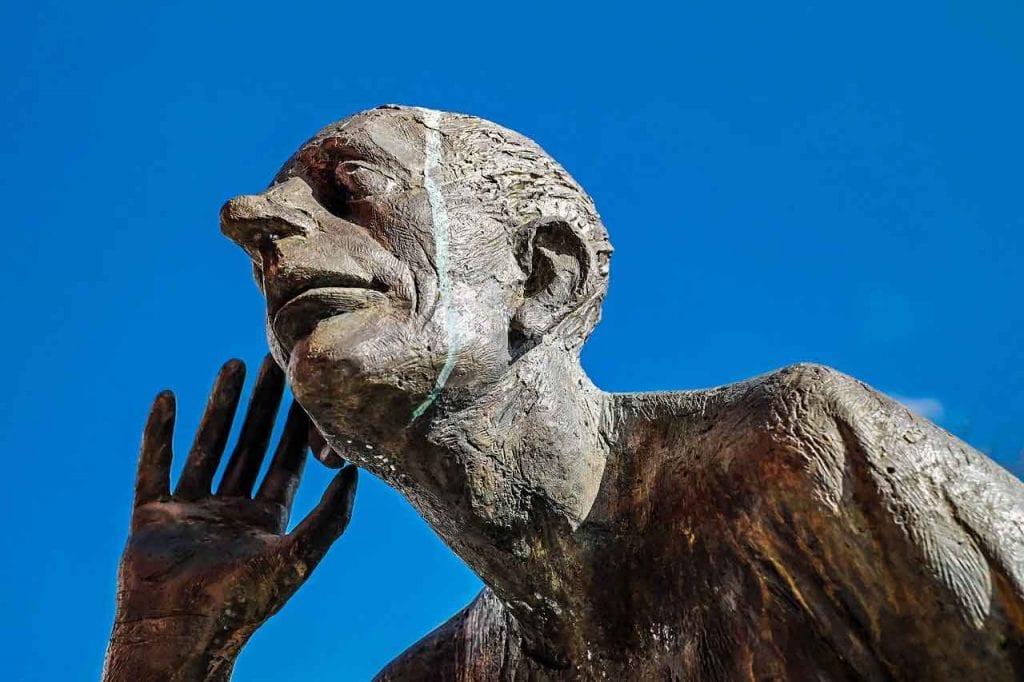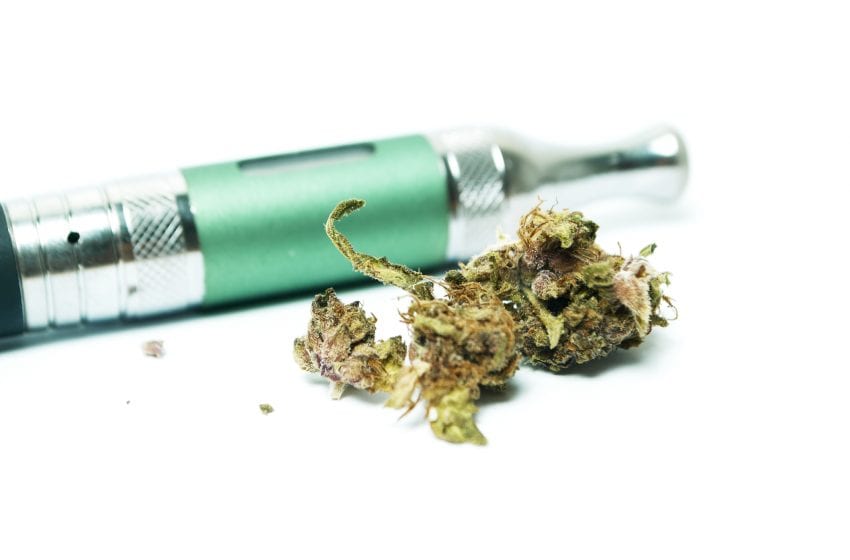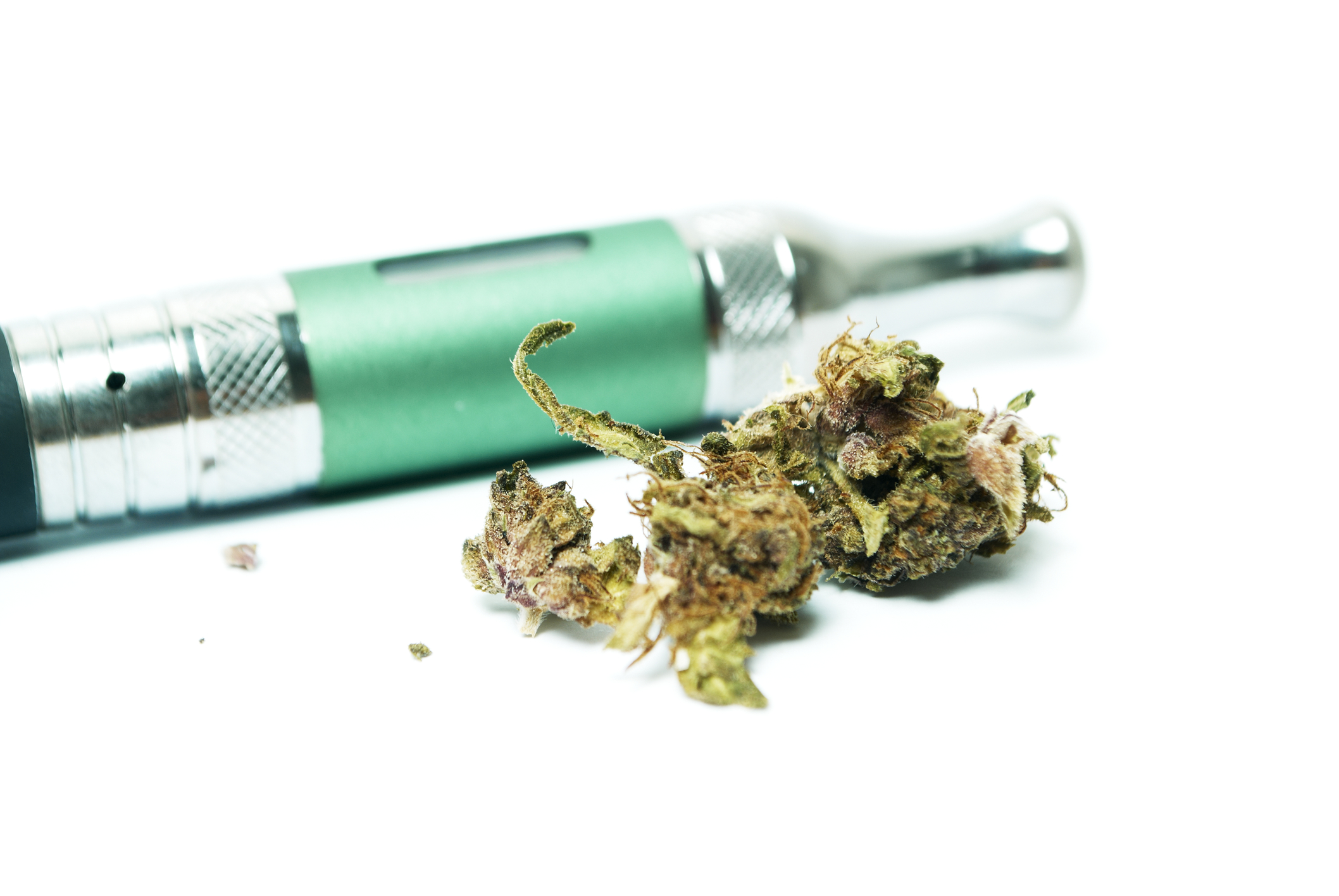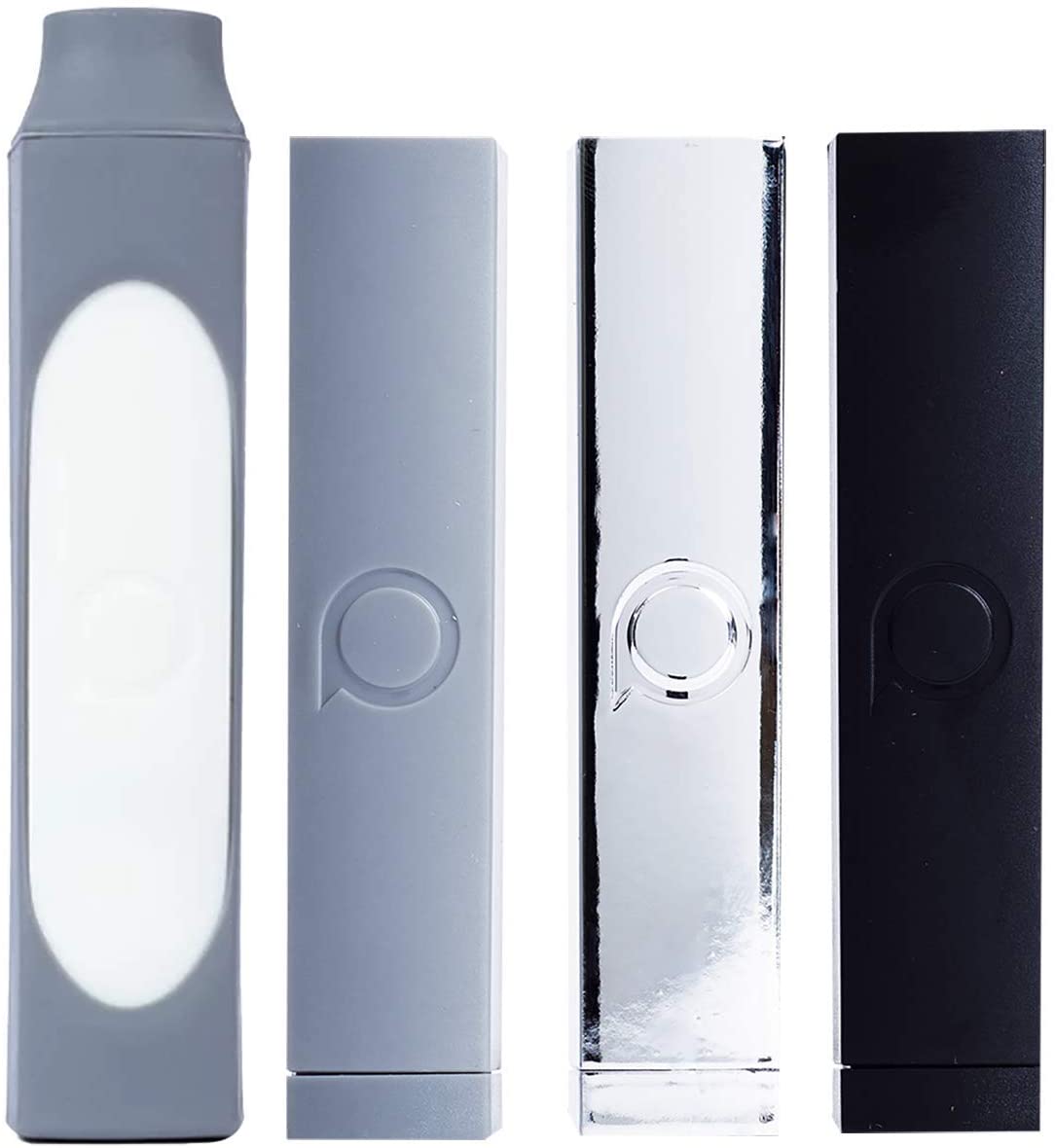
French researchers are planning to test nicotine patches on coronavirus patients and frontline workers following a study suggesting smokers are less likely to catch the virus according to The Guardian.
The Paris-based study suggests that something in tobacco helps prevent smokers from contracting the virus, but researchers say they are not encouraging people to take up smoking; cigarette smoke causes damage to the lungs, which can cause individuals who have contracted Covid-19 to suffer more severe symptoms.
Jean-Pierre Changeux, a renowned French neurobiologist, suggested nicotine may stop the virus from reaching cells in the body. Nicotine may also lessen the overreaction of the immune system that has been seen in the most severe Covid-19 cases.
The results coincide with a Chinese study showing that only 12.6 percent of 1,000 infected individuals were smokers whereas the national smoking rate is around 28 percent. In Paris, 8.5 percent of 11,000 Covid-19 patients were smokers while the total number of smokers in France is about 25.4 percent.
“Our cross-sectional study strongly suggests that those who smoke every day are much less likely to develop a symptomatic or severe infection with Sars-CoV-2 compared with the general population,” the report authors wrote. “The effect is significant. It divides the risk by five for ambulatory patients and by four for those admitted to hospital. We rarely see this in medicine.”





